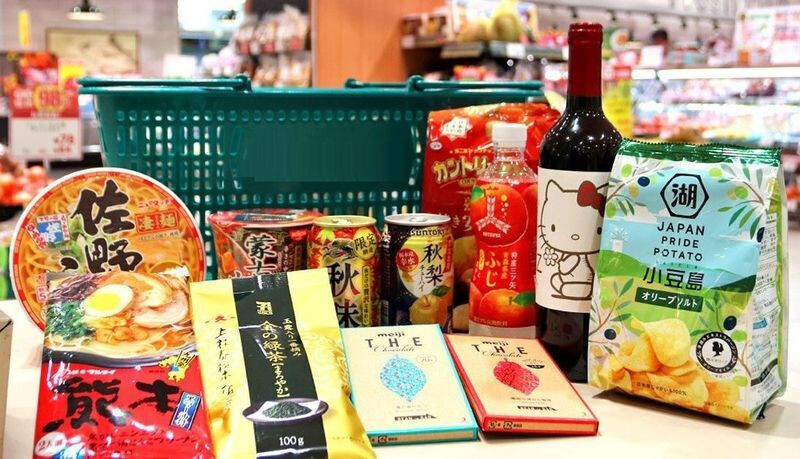
SEOUL - Concerns over the safety of Japanese food imports have resurfaced after trace levels of radioactive cesium were detected in a processed peanut and nut product, 'Kurikinton,' imported from Japan. The South Korean Ministry of Food and Drug Safety (MFDS) revealed on Monday that a recent inspection conducted between April 18th and 24th found 1 Becquerel per kilogram (Bq/kg) of cesium in the product.
The imported batch of Kurikinton, a Japanese sweet chestnut paste, amounted to 40 kilograms. While the detected cesium level is significantly below South Korea's food safety standard of 100 Bq/kg, the finding has prompted the importing company to halt the import process and voluntarily withdraw the shipment.
South Korea maintains a stringent protocol for imported foods from Japan following the Fukushima Daiichi nuclear disaster in 2011. Even the detection of minute quantities of radioactive substances necessitates importers to provide additional test certificates for other radionuclides, including strontium. Faced with the prospect of lengthy and potentially costly additional testing, many importers opt to cancel shipments or return/dispose of the products. This was the case with the Kurikinton shipment.
The incident underscores the persistent public apprehension in South Korea regarding radioactive contamination from Japanese products. Despite assurances from both the Japanese government and international bodies about the safety of their food exports, South Korean consumers remain wary. This anxiety stems from the 2011 nuclear accident, which released significant amounts of radioactive materials into the environment.
In response to these ongoing concerns, the MFDS has consistently reinforced its radiation inspection procedures for food items originating from Japan. The agency has stated its commitment to taking appropriate action even when trace amounts of radioactive materials are found within the permissible limits. This proactive approach aims to reassure the public and maintain confidence in the safety of imported food products.
This latest detection is not an isolated incident. In the previous year, trace levels of cesium were also discovered in various Japanese imports, including candies, rice bran, and konjac products. Furthermore, cesium was found in Mexican raw materials that were imported through Japan. In all these instances, the concerned companies chose to voluntarily cancel the import of the affected products rather than proceed with further testing.
The repeated detection of even trace amounts of radioactive materials in Japanese food products, including processed goods, is likely to fuel further debate and scrutiny regarding the safety of these imports. While the detected levels remain well below the established safety standards, the sensitivity of the South Korean public to this issue means that the MFDS will likely continue its rigorous inspection regime. The incident serves as a reminder that for many South Korean consumers, the concern extends beyond just raw seafood to encompass a wider range of Japanese food products. The focus remains on ensuring the highest level of food safety and addressing the lingering anxieties stemming from the Fukushima disaster.
[Copyright (c) Global Economic Times. All Rights Reserved.]






























